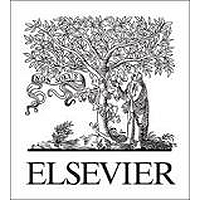Post-traumatic stress disorder (PTSD) and borderline personality disorder (BPD) have been associated with an increased generation of false memories. We aimed to disentangle disorder-specific false memory in individuals with PTSD and BPD using the Deese-Roediger-McDermott (DRM) paradigm. It measures the tendency to mistakenly remember stimuli that are associated with actually presented material, but have not been presented. Participants with BPD without comorbid PTSD (n = 32), participants with PTSD without comorbid BPD (n = 28), and mentally healthy controls (HC, n = 30) were given a word recognition test after hearing neutral, emotionally negative, BPD-related and PTSD-related word lists. Compared to HC, participants with PTSD showed fewer false memories for neutral word material and no other differences. Participants with BPD showed no differences in false memory formation compared to HC, only more false memories for a BPD-related and a PTSD-related word list compared to PTSD. Our results indicate, that in the absence of BPD, increased false memory in PTSD cannot be observed. In addition, our findings do not suggest that individuals with BPD and HC differ in their false memory formation. More trauma-individualized material should be used in future studies on false memory in PTSD.

False memory in posttraumatic stress disorder and borderline personality disorder
Review badges
0 pre-pub reviews
0 post-pub reviews
